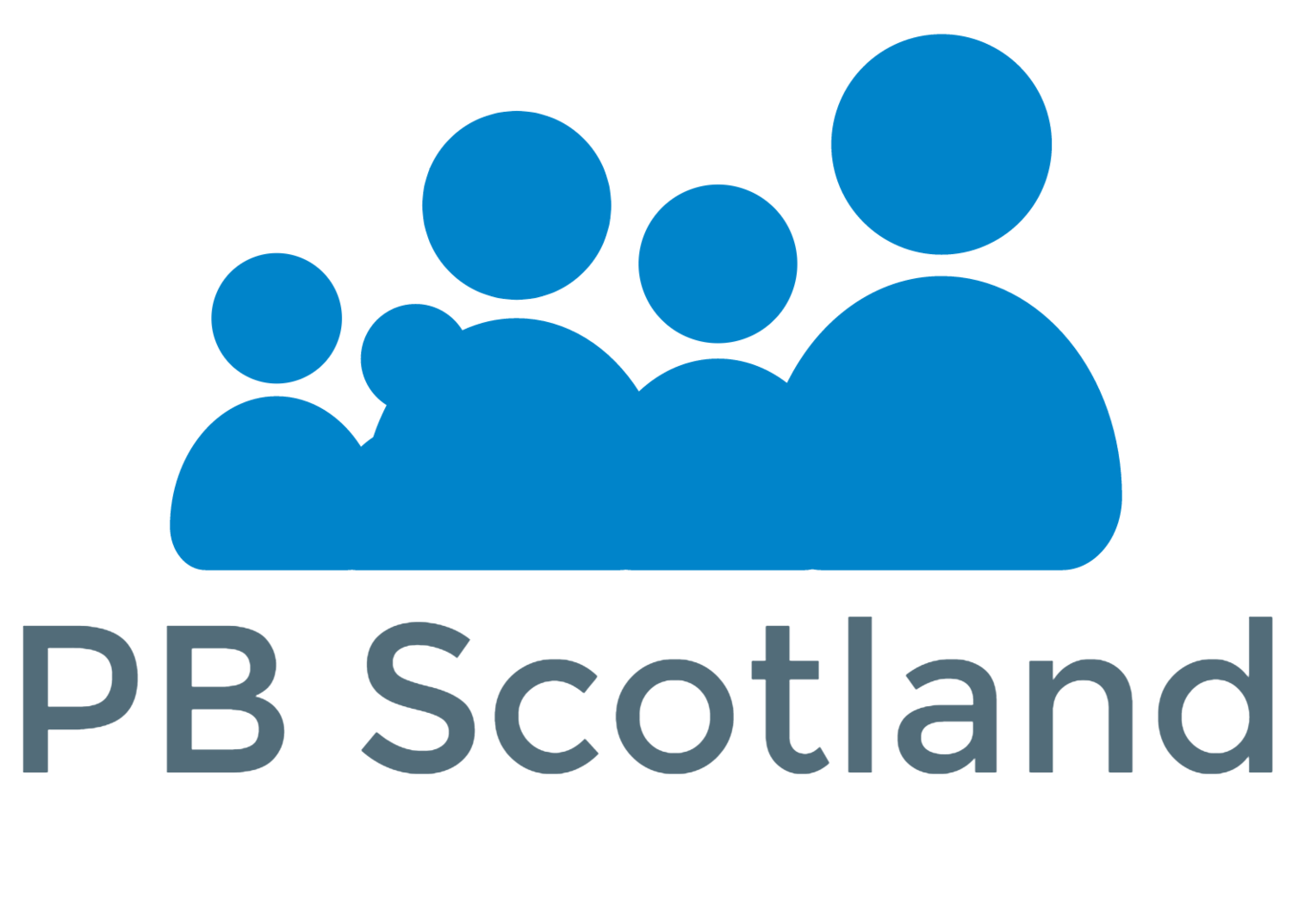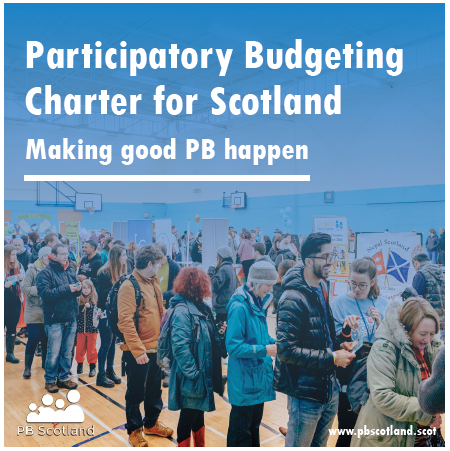CHARTER OF QUALITY FOR PARTICIPATORY BUDGETING IN PORTUGAL
/INTRODUCTION
Over the past years, there has been an exponential growth in Participatory Budgeting, making Portugal the country with the highest percentage of municipalities developing this practice. Such a significant and accelerated dissemination poses challenges to the methodological and deliberative quality of these processes, essential aspects for their credibility and sustainability.
Considering this particularity, the Portuguese Network of Participatory Municipalities promoted a debate among its members, aiming at establishing minimum quality parameters that Participatory Budgeting must ensure, as a safeguard for sustained growth and a progressive affirmation of these initiatives in Portuguese society.
The debate led to the creation of a Charter of Quality for Participatory Budgeting in Portugal, introduced here, based on thirteen principles. These were designed in such a way as to respect the salutary methodological diversity of the processes, while challenging each initiative to an exercise of self-reflection and self-questioning, which, within the limit, raise the requirement levels.
PRINCIPLES
A Participatory Budgeting process (PB) should ensure the following principles:
Public Regulation: Must have regulation mechanisms to allow an independent evaluation of the participatory process as a whole, ensuring transparency and accountability. Those mechanisms must have an evolutionary character ensuring a continuous improvement.
Deliberative and binding character: Must be deliberative giving the citizens the effective power to submit proposals and decide through vote, the projects that the municipality will implement. The municipality will commit to respect and implement the citizens’ decision.
Continuity: The process must be continuous and uninterrupted in such a way that Article 2 of the Constitution of the Republic of Portugal can be accomplished, aiming to contribute to the deepening of participatory democracy as an end to a State of Democratic Right.
Social Dialogue: It must foster universal and close participation of citizens at all stages of the process, in a clear, transparent and inclusive way, always favouring the sharing and debate of opinions and aiming to rebuild the sense of community.
Transparency and Accountability: It must ensure clear and simple information on all stages and ensure accountability for the whole process, preferably using a dedicated e-portal and/or other mechanisms facilitating universal access.
Equal Access: It must ensure universal access by citizens to the process, in compliance with Article 13 of the Constitution of the Republic of Portugal, which guarantees the principle of equality among all citizens, without distinction of any kind.
Financial Expression: It must have a prior and duly publicized definition of the amount allocated by the municipality to support investments with a certain impact on a community.
Execution: The execution phase of the projects must be publicized in a dedicated regulatory document of the PB process and properly delimited in time. The winning projects must be implemented respecting the original concept and be accompanied by the proponents and, where appropriate, by the community that will receive them. The service or entity responsible for the execution of each project must be defined and published.
Education for Citizenship: It must be integrated into a broader Education for Citizenship strategy involving all stakeholders - politicians, technicians and citizens. At the same time, be seen as an investment by the local authority in its internal capacity building and in strengthening the role of civil society.
Technical and Political Support: PB demands a clear political commitment, a permanent and qualified technical involvement and must be coordinated across the organization.
Transforming Process: Constitutes a transformative practice of the relationship between politicians, technicians and citizens, rebuilding the spaces of dialogue and strengthening trust between the Administration and Society.
Monitoring and Evaluation: PB requires a system of monitoring and evaluation of the process and the results, which allows to understand the path taken and the improvements to be introduced. Monitoring and evaluation should involve all parties - political, technical and citizenship. It is desirable to involve an independent and external evaluation to the sponsoring entity.
Articulation and Integration: It must be part of a broader strategy to promote citizen participation, which includes other tools for interaction between society and the municipality.





